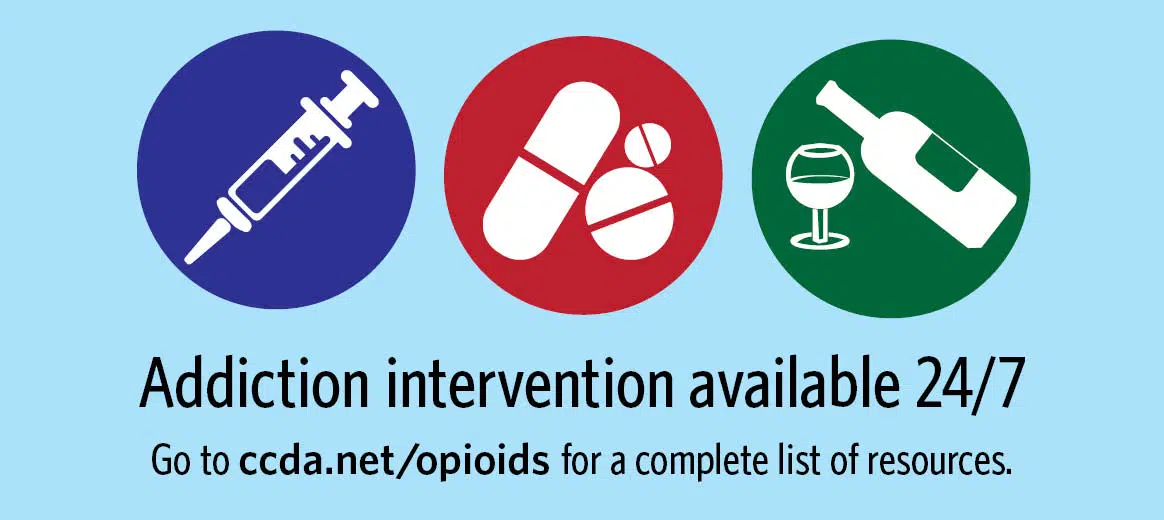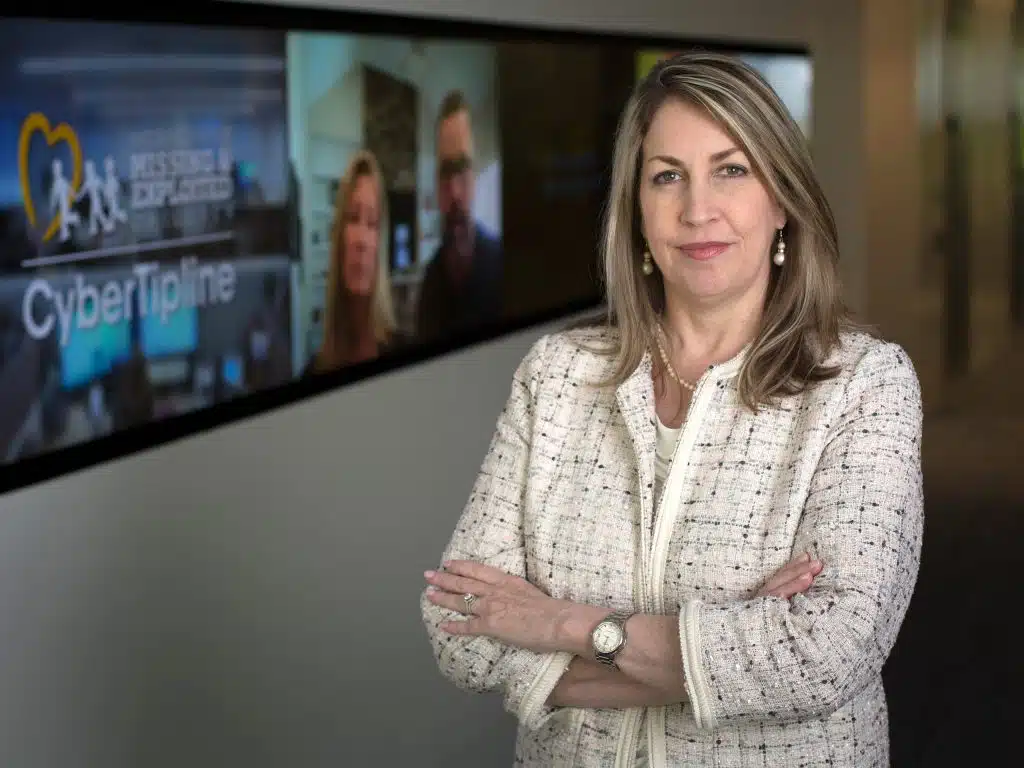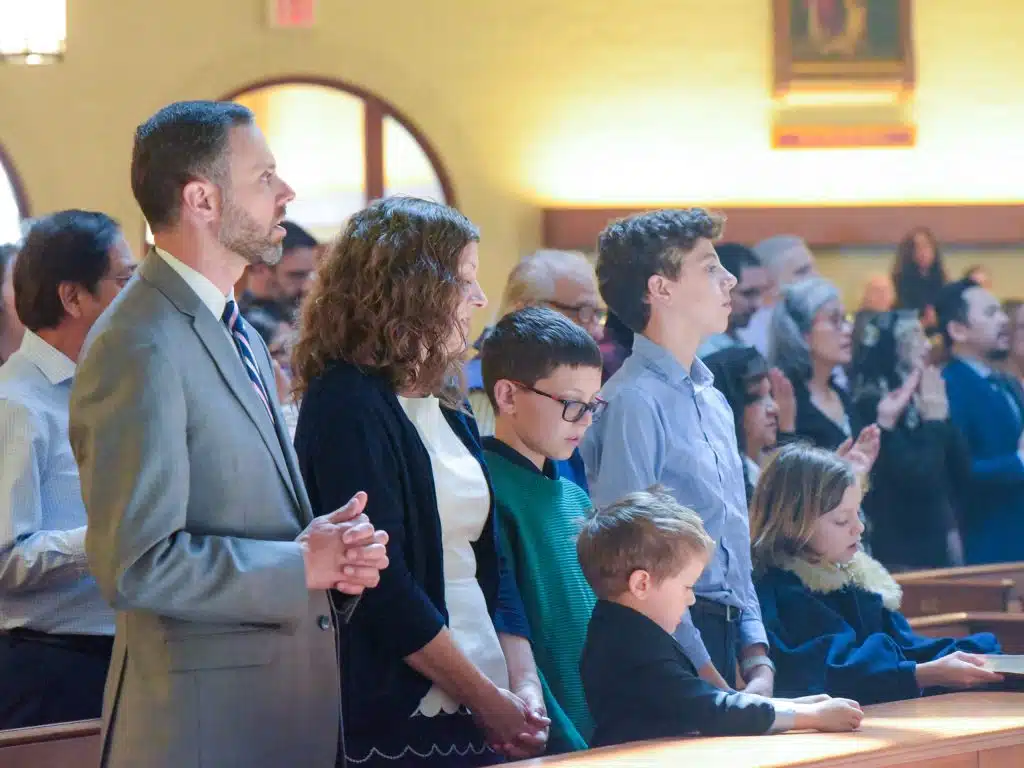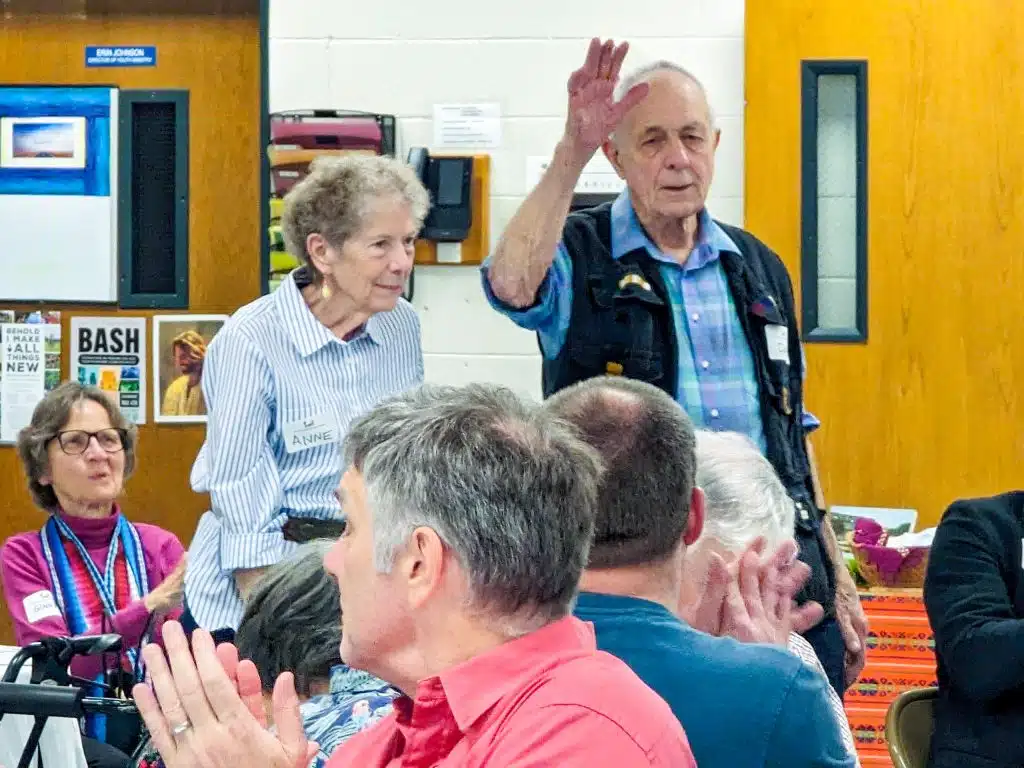Susan Infeld’s son struggled with
alcoholism for years. Infeld and her husband struggled getting him the help he
needed. Today, he has been sober for more than three years and two months, and
works helping other addicts find jobs. Through her own experience and as a
parish nurse at St. John Neumann Church in Reston, Infeld knows how addiction
can affect addicts and families.
On Divine Mercy Sunday, St. John Neumann
is launching a Recovery and Addiction Ministry. “This ministry is my paying it
forward for all the grace we have been given,” said Infeld.
“I do now as parish nurse privately what
our ministry will do publicly — listen, empathize, direct to appropriate
resources such as Al-Anon, Nar-Anon, Families Anonymous, therapists, parent
support groups, literature, and pray unceasingly for the addict and for the
family,” said Infeld.
St. John Neumann is one of four parishes
with similar ministries in the works: St. John the Evangelist Church in
Warrenton, Good Shepherd Church in Alexandria and St. Bernadette Church in
Springfield. Diocesan Catholic Charities supports these local initiatives.
“I had made the decision to set up a
recovering and addition ministry and it happened to coincide with (Bishop
Michael F. Burbidge’s) interest in doing this as well,” said Infeld. “It was a
fabulous opportunity to get further engaged with the diocese in their efforts.”
After a monthslong process initiated by
Bishop Burbidge, diocesan Catholic Charities has released a working plan for
combating the opioid crisis in the diocese, which includes encouraging parishes
to form an addiction ministry. A diocesanwide conference was held on the topic
last fall at Good Shepherd. In March, Art Bennett, Catholic Charities president
and CEO, sent an email to the priests explaining the organization’s newly
devised strategy.
“Through many conversations with parents
of addicts, people in recovery, people who went to prison and have re-entered
society, as well as interested pastors, parishioners and professionals in the
clinical, law enforcement and policy communities, we discovered that there are
three areas that make this scourge so severe,” wrote Bennett. “Opioid addiction
has a radically strong grip on the client. The treatment process is arduous on
many levels. Addicts and their families become stigmatized, ashamed and
isolated as they navigate through the phases of recovery.”
On its website, Catholic Charities has
created a list of resources, including local hotlines for providing crisis
intervention, emergency evaluation and assessment for treatment services, case
management services or referrals. The organization also held additional
training for its mental health clinicians to better prepare to serve recovering
addicts and their families.
Going forward, Catholic Charities will
have meetings for the parish resource committees and other interested parties
to receive training and share best practices and information. The first will be
held April 29 at St. John Neumann.
“The biggest thing is trying to meet the
individual needs of each community,” said Michael Horne, director of clinical
services. “We recognize the problem is going to look different in different
areas, (so it’s about) being able to have (each) parish tailor its response.”
Infeld is grateful more is being done to
serve addicts, their families and the community. “Families are being destroyed
by this disease. Grandparents are raising their grandchildren in retirement
because the parents are addicts. Parents are going into debt trying to pay for
rehab not just once, but sometimes multiple times. Families most often suffer
in silence, not getting the tremendous support and tools that a (ministry or
support group) can offer,” she said.
That’s where the church can step in. “I
think our faith community has a unique opportunity to continue the healing work
of our great Catholic healthcare institutions,” said Infeld. “In the words of
one recovering community member, no one comes in here on a winning streak. We
can share the message of divine mercy with this outreach.”




